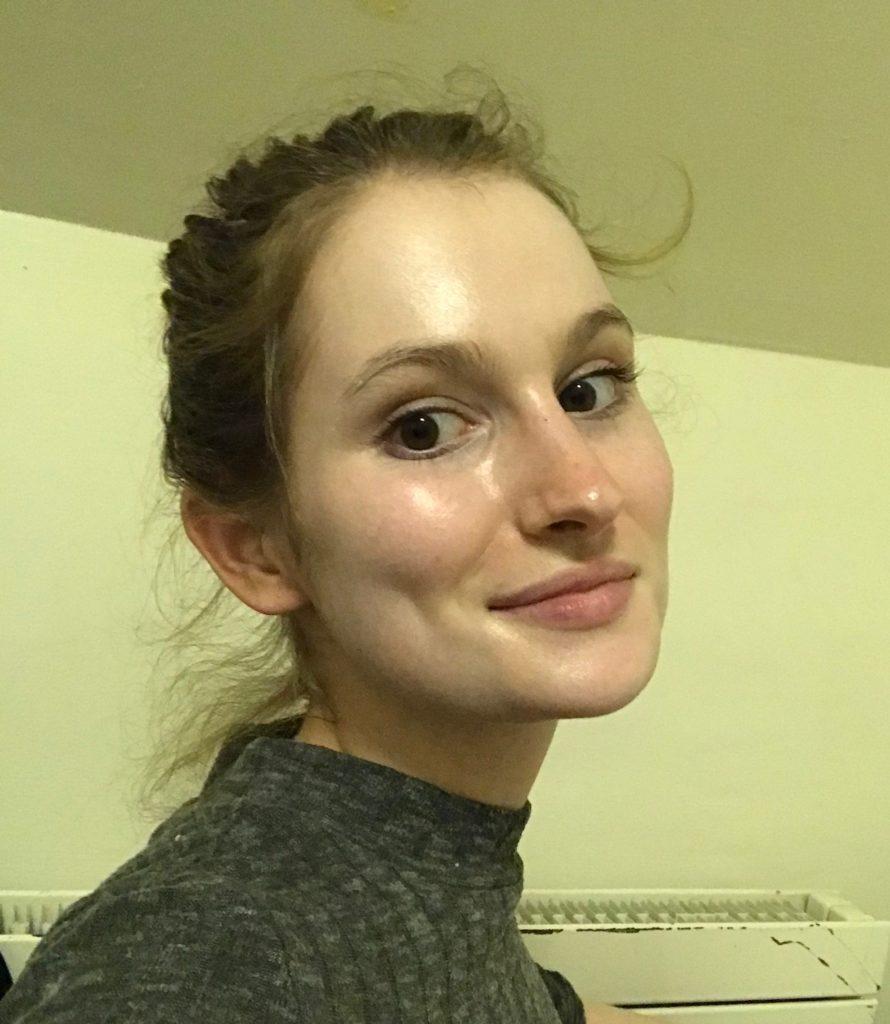In my last column on handwashing, I quoted a man who complained that modern society was “too [sterilized]” and “not natural.” My first instinct, of course, was to mock this extremely bad take on personal hygiene. It stuck in my mind, however, as a useful example of a dangerous and increasingly widespread point of view which conflates natural remedies with what is healthy.
Everyone wants to be healthy. For decades, Americans trusted their doctors to take care of them. But, recently, Americans have grown increasingly distrustful of their healthcare providers. In 2018, according to a study in the New England Journal of Medicine, only 34 percent of Americans reported trust in medical leaders. This distrust is, at least in part, the result of legitimate concerns about the documented racism, sexism and other bias in the medical community.
Falling levels of trust in conventional medicine have motivated some patients to seek alternative forms of treatment and illness prevention. Advertisements for popular forms of alternative treatments such as vitamins and supplements, homeopathic remedies and the use of “healing” crystals usually focus on the fact that the products are all-natural. And while I work to suppress an eye roll every time I read the words “healing crystals,” natural treatments like the aforementioned are part of an industry worth billions of dollars annually.
It makes sense that the recent popularity of these products and the declining trust in conventional medicine have contributed to the conceptual conflation of “natural” and “healthy.” And it might be tempting to dismiss the implications of this conflation. After all, if people want to spend their money buying what they think are magical crystals, who are we to judge? The problem is that “live and let live” is not a particularly applicable motto if people are dying. And natural “medicine” is, in fact, killing people. A 2018 cohort study of 1,901,815 cancer patients found that patients who used complementary and alternative medicine were more likely to refuse conventional cancer treatment and had a “2-fold greater risk of death compared with patients who had no complementary medicine use.” The wellness industry is not regulated like the pharmaceutical industry. Companies can make wild, scientifically unproven claims about their products as long as they note in tiny lettering that their statements have not been evaluated by the Food and Drug Administration. Unsurprisingly, people aren’t dissuaded by the fine print. The hope for a natural cure or treatment without the side effects or costs of conventional medicine tends to override common sense. And I say that with absolutely no judgment.
The fact that sick people are scared and therefore pliable is what makes the alternative treatment industry so predatory and morally repugnant. Not only are companies making millions of dollars selling false hope to desperate people, but that false hope is also convincing people to stop using conventional, scientifically proven treatments and creating deadly ramifications.
Natural does not mean healthy. Chemotherapy drugs are not natural. They’re literally poison, but that doesn’t mean cancer patients should ignore their doctors and try to treat their cancer with an herbal cocktail. If that situation seems far-fetched to you, consider the case of two Florida parents who attempted to deny their four-year-old child a lifesaving cancer treatment. Despite the fact that their son suffered from a type of leukemia that was highly treatable (98 percent of cases go into remission after the first weeks of chemotherapy), they wanted to treat him using a special diet and CBD oil.
Thankfully, the state intervened. At this point, I should amend my previous statement about my lack of judgment and note that I do, in fact, judge parents who let their denial of science endanger their children. This extreme example demonstrates the danger of a culture that conflates what is natural with what is healthy. Our medical system might be deeply flawed, but the benefits of conventional medicine and medical treatment are proven. And study after study has disproven the purported benefits of homeopathic remedies. I’ll concede that not much research has been done on the healing power of crystals, but I find myself fairly confident that my eye rolls are warranted.






















































